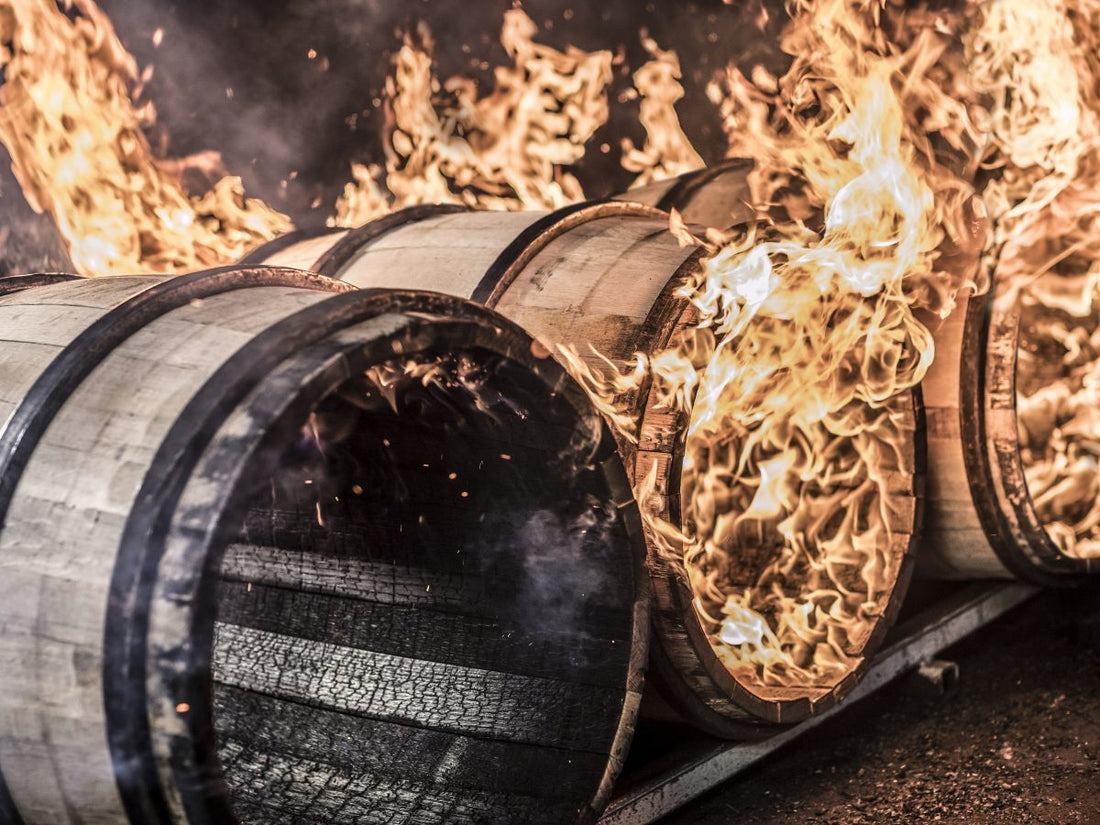Whiskey vs. Bourbon
Whiskey and bourbon are often used interchangeably, but they're not the same thing. Understanding the difference can elevate your drink-ordering game and impress your friends with your newfound liquor knowledge. So, let's dive into the world of these amber-hued spirits and explore what makes them unique.
Whiskey: The Broad Brush
Whiskey is a distilled alcoholic beverage made from fermented grain mash. It's a broad category encompassing various styles produced worldwide, each with its own distinct character. Some of the most famous types include:
- Scotch: Made primarily from malted barley and aged in oak barrels for at least three years. Known for its malty flavor and peaty aroma, often attributed to the use of peat-fired kilns during the malting process.
- Irish Whiskey: Typically distilled three times from a blend of unmalted and malted barley. Known for its smooth, light, and slightly sweet taste.
- Japanese Whisky: Made from malted barley and rice, often with additional grains like wheat or corn. Known for its floral, delicate, and sometimes fruity notes.
- Rye Whiskey: Made from a mash that's at least 51% rye grain. Known for its spicy, peppery flavor and bold character.
Bourbon: The All-American Star
Bourbon is a type of whiskey, but it has its own set of rules and regulations. Here's what makes bourbon stand out:
- Corn is king: Bourbon must be made from a mash that's at least 51% corn, giving it a characteristically sweet and slightly vanilla-like flavor.
- American origin: Bourbon can only be produced in the United States, with Kentucky being the heartland of its production.
- Charred barrels: Bourbon must be aged in new, charred oak barrels, which contribute to its amber color and complex flavor profile, with notes of caramel, oak, and spice.
- No additives: Bourbon cannot contain any additives, like colorings or flavorings, ensuring its pure and authentic taste.
The Bottom Line
Choosing between whiskey and bourbon comes down to personal preference. If you're looking for a smooth, sweet spirit with a touch of vanilla, bourbon might be your perfect match. If you prefer a bolder, spicier flavor profile, you might lean towards rye whiskey or a peaty Scotch. Ultimately, the best way to choose is to experiment and discover what you enjoy most.
Bonus Tip: When trying new whiskeys or bourbons, pay attention to the mash bill (the grain blend used), age statement (the amount of time it spent in the barrel), and proof (alcohol content). These factors can significantly impact the flavor and experience.
So, the next time you're at a bar or liquor store, remember that whiskey and bourbon are not just interchangeable names. They're two distinct spirits with unique personalities waiting to be explored. So, raise a glass and cheers to the world of amber-hued delights!

